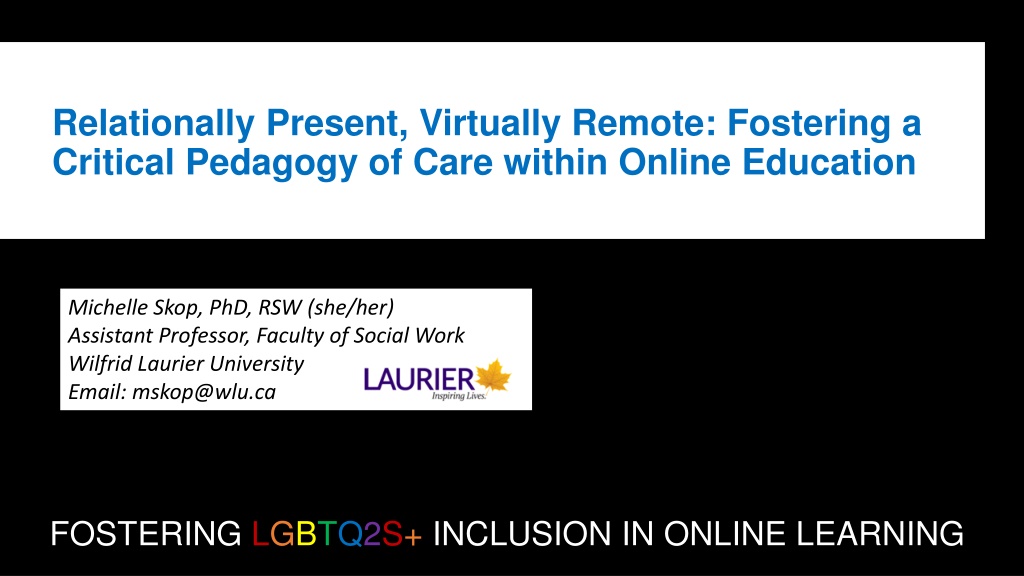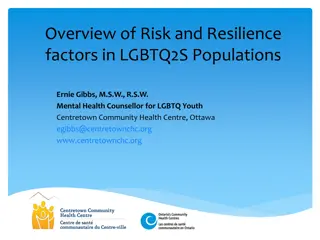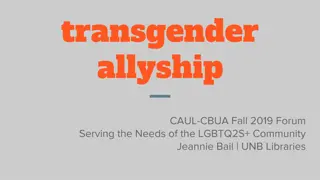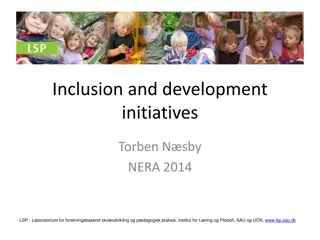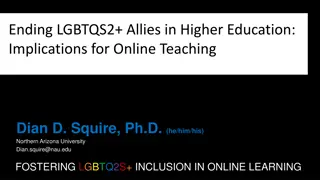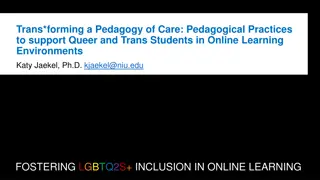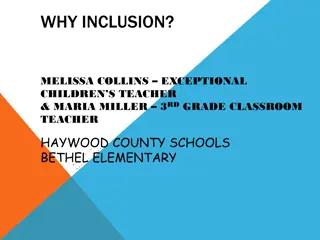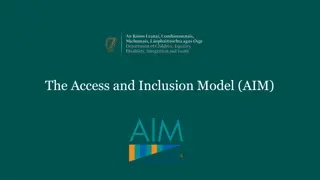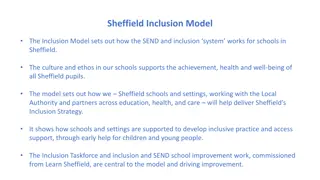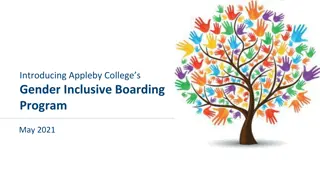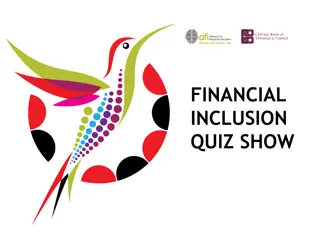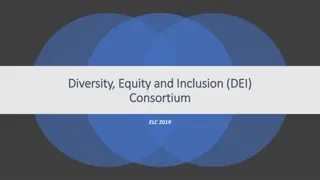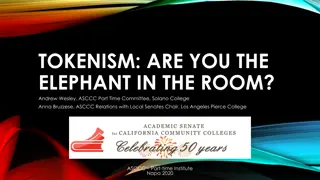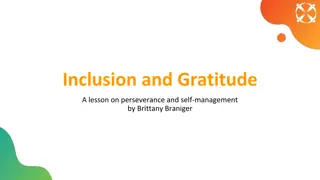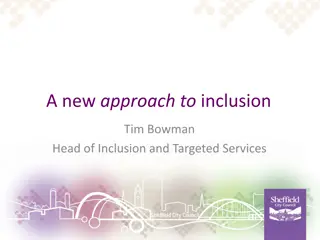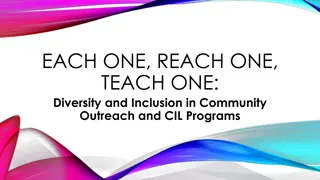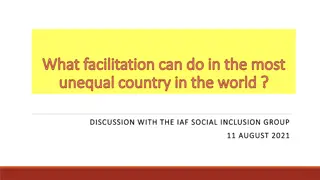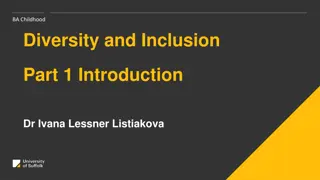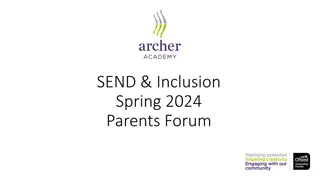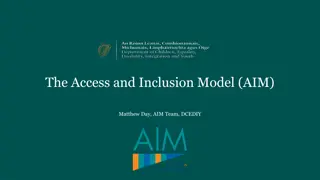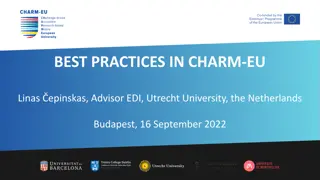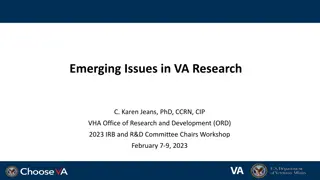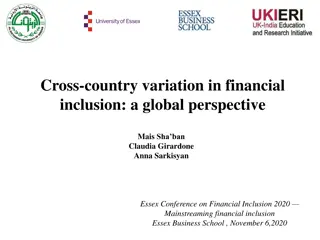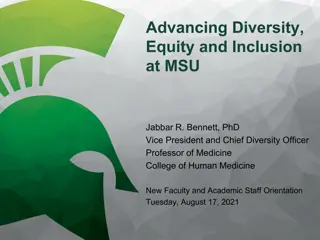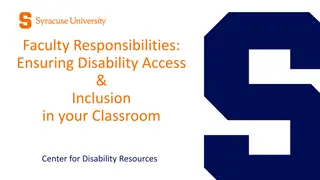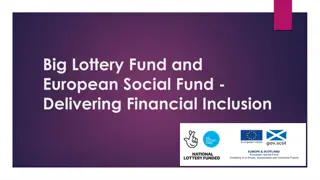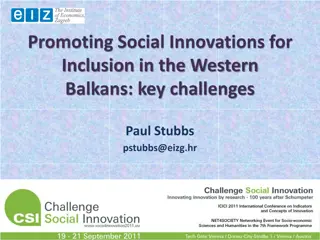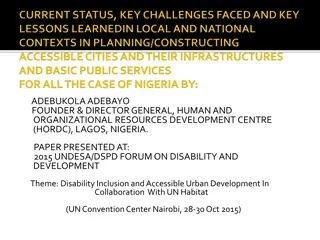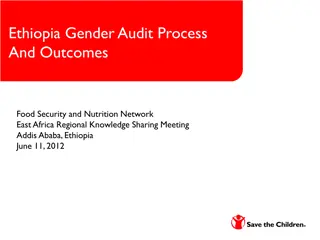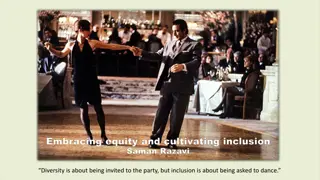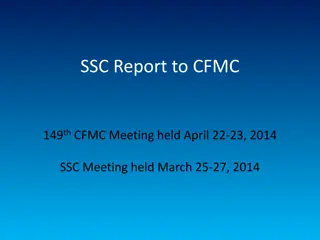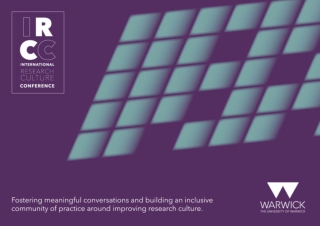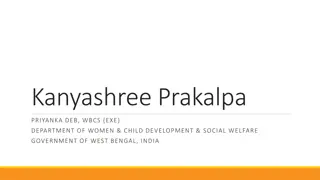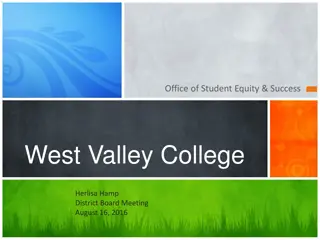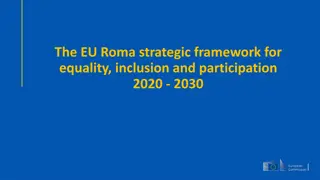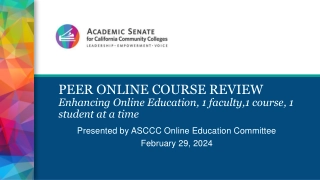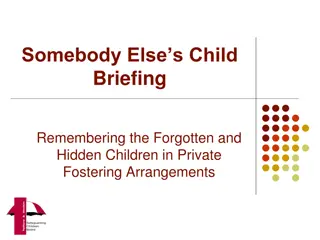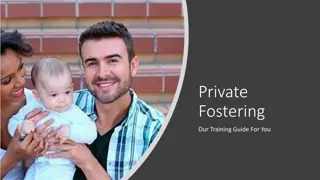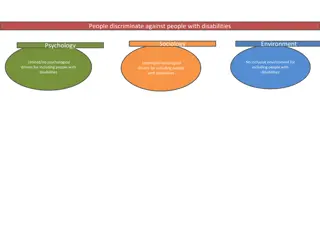Fostering LGBTQ2S+ Inclusion in Online Education
Explore the critical pedagogy of care in online education, emphasizing LGBTQ2S+ inclusion. Dr. Michelle Skop presents strategies for fostering relationships, equity, and collective decision-making, promoting a trauma-informed, power-sharing approach. Learn practical tips for course planning and classroom processes that prioritize empathy, relational learning, and brave spaces. References highlight the importance of emotional support and inclusive teaching practices.
Download Presentation

Please find below an Image/Link to download the presentation.
The content on the website is provided AS IS for your information and personal use only. It may not be sold, licensed, or shared on other websites without obtaining consent from the author. Download presentation by click this link. If you encounter any issues during the download, it is possible that the publisher has removed the file from their server.
E N D
Presentation Transcript
Relationally Present, Virtually Remote: Fostering a Critical Pedagogy of Care within Online Education Michelle Skop, PhD, RSW (she/her) Assistant Professor, Faculty of Social Work Wilfrid Laurier University Email: mskop@wlu.ca FOSTERING LGBTQ2S+ INCLUSION IN ONLINE LEARNING
Lets Frame a Pedagogy of Let s Frame a Pedagogy of Critical Care as a: Critical Care as a: relational approach to teaching & learning foundation for equity & inclusion human right trauma-informed practice form of power-sharing & collective decision-making
Critical Care in Course Planning 1. Empathize & put yourself in your students shoes 2. Interrogate your own social location, biases, values & motives 3. Identify what type of care you need to perform this labour 4. Include your gender pronouns & values in your syllabus 5. Consider fostering joy, relationships, mental health & wellness as course learning outcomes 6. Be care-full in your course design (e.g., flipped classroom) 7. Share power by involving students in course decision-making
Critical Care in Classroom Processes 1. Assume everyone is doing their best 2. Foster a relational approach 3. Prioritize group process 4. Co-construct brave space classroom guidelines (Arao & Clemens, 2013) but restrict dominant narratives (Sensoy & DiAngelo, 2014) 5. Include students in developing course policies 6. Inform students of weekly topics in advance 7. Give permission to not be okay & create support spaces 8. Give permission to make mistakes this is reciprocal learning
References Adams, C., & Rose, E. (2014). Will I ever connect with the students? Online teaching and the pedagogy of care. Phenomenology & Practice, 8(1), 5 16. https://doi.org/10.29173/pandpr20637 Arao, B. & Clemens, K. (2013). From safe spaces to brave spaces: A new way to frame dialogue around diversity and social justice. In L.M. Landreman (Ed.).The art of effective facilitation: Reflection from social justice educators. Sterling, VA: Stylus Publishing (pp. 135-150.) Goralnik, L., Millenbah, K., Nelson, M., & Thorp, L. (2012). An environmental pedagogy of care: Emotion, relationships, and experience in higher education ethics learning. Journal of Experiential Education, 35(3), 412 428. https://doi.org/10.1177/105382591203500303 Hennessey, E., Burrows, L. & Javed, H. (2020). Reaching beyond the screen: Critical considerations for equitable remote teaching. [webinar]. Wilfrid Laurier University. Leners, D. W., & Sitzman, K. (2006). Graduate student perceptions: Feeling the passion of caring online. Nursing Education Perspectives, 27(6), 315-319. MacGill, B. (2016). A paradigm shift in education: Pedagogy, standpoint and ethics of care. International Journal of Pedagogies & Learning, 11(3), 238-247. doi:http://dx.doi.org.libproxy.wlu.ca/10.1080/22040552.2016.1272531 Marx, G. (2011). Student and instructor perceptions of care in online graduate education: A mixed methods case study. Unpublished doctoral dissertation. Wichita, Kansas: Wichita State University. Sensoy, O. & DiAngelo, R. (2014). Respect differences? Challenging the common guidelines in social justice education. Democracy & Education, 22(1), 1-10. Thompson, L. (1995). Teaching about ethnic minority families using a pedagogy of care. Family Relations, 44(2), 129 135. https://doi.org/10.2307/584798
